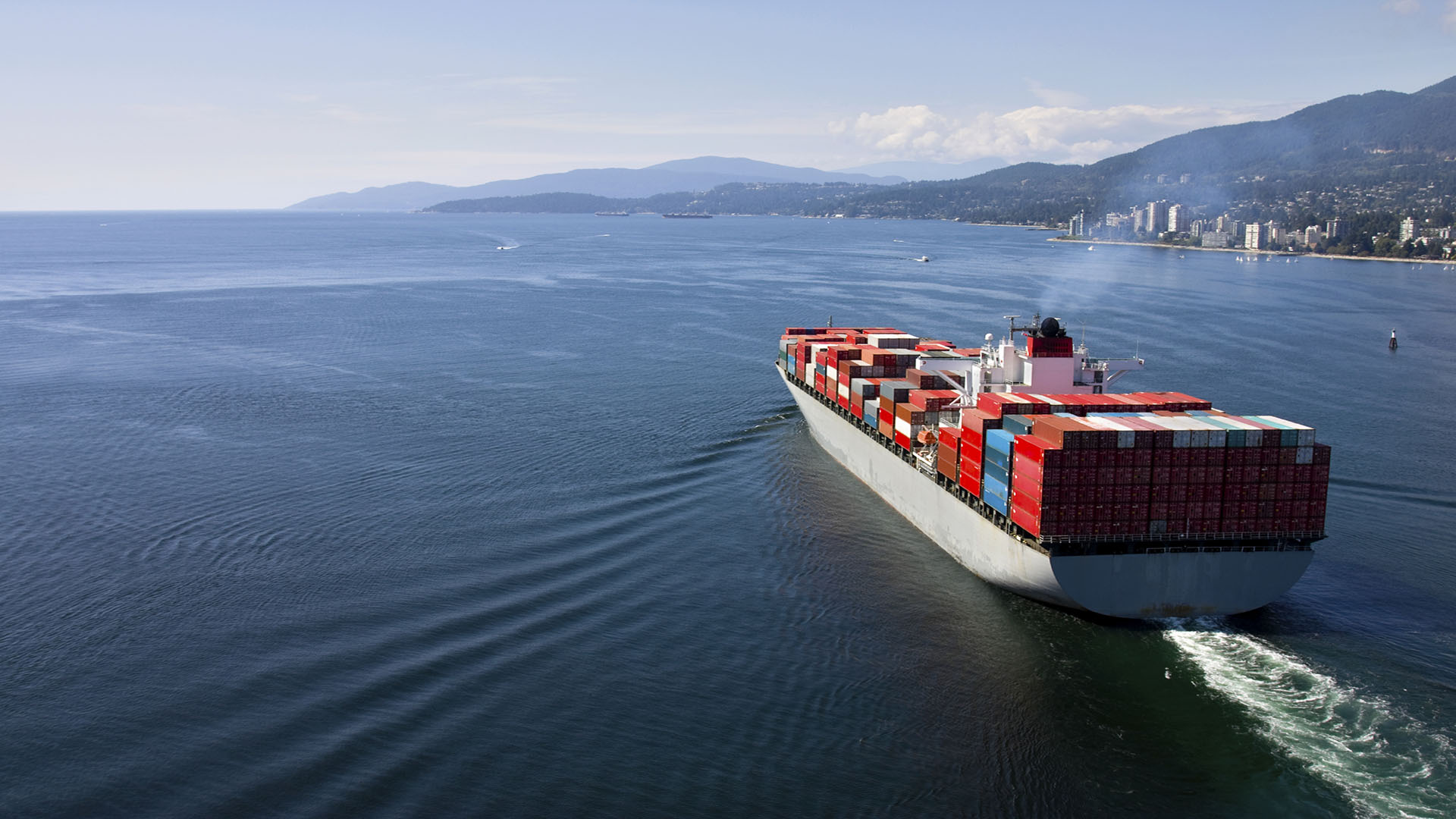
Cargo fires – the problem with self-heating
Many marine cargo fires and explosions are due to self-heating in some form. Bulk coal and direct reduced iron (DRI) are high-risk cargoes that our Loss Prevention department has been focusing on.

In general, self-heating occurs when an exothermic (heat-producing) chemical or biochemical reaction happens within a body of cargo. The rate of most chemical reactions increases with increasing temperature and it often roughly doubles for each 10°C rise in temperature.
Therefore, the heating and the temperature rise can worsen, which can ultimately lead to a fire in the cargo and surrounding materials. Main factors affecting are oxygen, water and of cause type of cargo.
Cargoes affected by self-heating such as bulk coal, may also be emitting methane gas which can present explosion risk. The self-heating risks are also high with direct reduced iron (DRI), which can be highly reactive with water or oxygen.
Read more about self-heating of cargoes »
(from our publication Fire! A guide to the causes and prevention of cargo fires)
By highlighting the risks and causes of cargo fires we are striving at assisting shipowners and crews in their safety work.